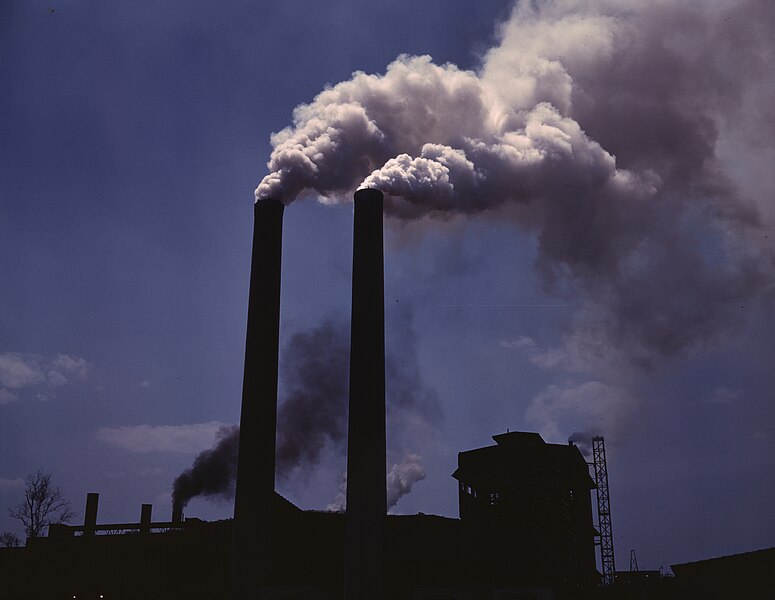As temperatures drop and the heating season begins, cities across Bosnia and Herzegovina (BiH) are experiencing a significant decline in air quality.
Since early November, Sarajevo has been intermittently blanketed in toxic smog, ranking among the top five most polluted cities worldwide, according to IQAir, an international air quality monitor site.
On Friday, the Federal Hydrometeorological Institute in BiH reported that particulate matter (PM2.5) concentrations in Sarajevo have reached 160 micrograms per cubic meter, far exceeding the standard of 50. Meanwhile, the concentrations of sulfur dioxide and nitrogen dioxide have also surpassed safe limits.
In Banja Luka, another major city, the air quality index hit 187 this morning, placing it in the “unhealthy” category, according to local hydrometeorological services.
Biljana Lubarda, a professor of ecology at the University of Banja Luka, attributed the pollution mainly to seasonal heating demand and traffic. She recommended alternative heating methods, expanding green spaces with coniferous trees and moving toward a centralized heating system to reduce pollutants from burning coal, wood, and waste.

